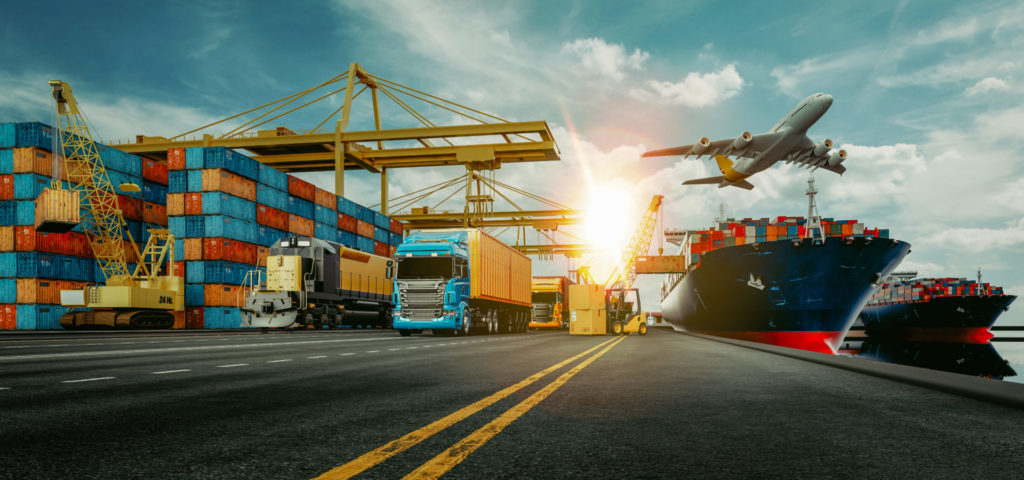Food, Beverage and Nutrition sectors in the Asia-Pacific region have learned a key lesson this pandemic year: Businesses should always be prepared to confront uncertainty with technology. Even if we set aside the unique challenges presented by COVID, market conditions now change too quickly and too often for any static business plan or traditional set of processes to deliver success over the long term.
By understanding the forces now reshaping the industry as a whole, we can better chart the ways technology can help companies seeking a new path forward.
Supply, demand, and transparency
The pandemic has put enormous strain on existing supply chains, forcing Asia-Pacific F&B companies to embrace either localised production, or more flexible logistics networks that feature alternative nodes when needed – or both. Moreover, demand is rising for products with a long shelf-life, as the prospect of further outbreaks has deterred consumers from frequent food shopping and restaurant dining.
Consumer demand is also increasing for specific types of food, beverages, and nutrition options. Plant-based protein products are seeing significant market growth – not just as a substitute for hamburger meat, but also as alternatives to seafood like shellfish and shrimp, as well as cheeses, other dairy products, and more.
Accompanying these dietary trends is an additional consumer focus on cleaner, healthier ingredients. From protein drinks to electrolyte replenishers, performance enhancers, energy boosters, weight loss elixirs, and other types of products experiencing high demand, today’s markets represent a moving target that must be consistently hit by companies operating in the F&B sector.
Success in these realms requires transparency as a core business priority. Whether consumers prioritise locally produced goods, plant-based food alternatives, natural ingredients, or any other feature that corresponds to their value system, manufacturers must be able to demonstrate the extent to which their products meet expectations.
Sustainability through digitalisation
The ability to respond in real time to changing market conditions requires an agile business structure with the talent to support it. It is unsurprising, then, that in recent months we have seen a big push for companies around the Asia-Pacific region to hire specialist talent in e-Commerce, Sales and Marketing, Logistics, Procurement, and Manufacturing. Though demand varies from country to country, recruitment within the F&B sector has generally experienced an upsurge at every point in the value chain.
This focus on hiring follows a growing recognition that logistics networks have vulnerabilities, consumer trends change, environmental considerations require streamlined production and supply chain operations, and the only way to ensure sustainable business success is by designing both flexibility and responsiveness into the system.
Ultimately the true value of any new talent will be expressed partially (if not wholly) through digital technology. Today’s systems can radically enhance production efficiency, monitor the performance of manufacturing equipment, track inventory across locations, process and insightfully analyse data on consumer trends, re-route shipments to improve logistics outcomes, and much more.
The pandemic has prompted consumers worldwide to re-think their daily habits and preferences. Even after we move beyond this health crisis, a great number of people will permanently incorporate their new lifestyle choices into the way they engage with their surroundings.
Businesses must likewise learn new lessons, then take active measures to adapt to a changing world. Contact Connexus today to help your business find skilled talent for 2021 and beyond.










